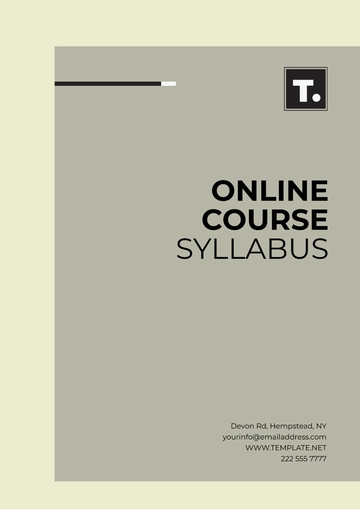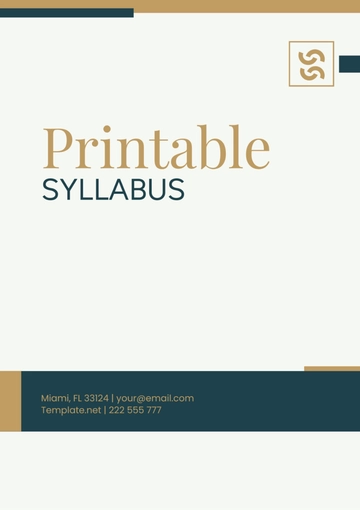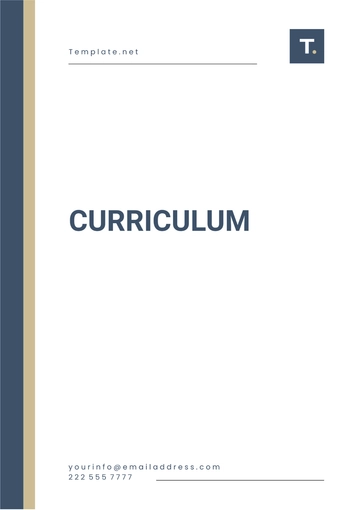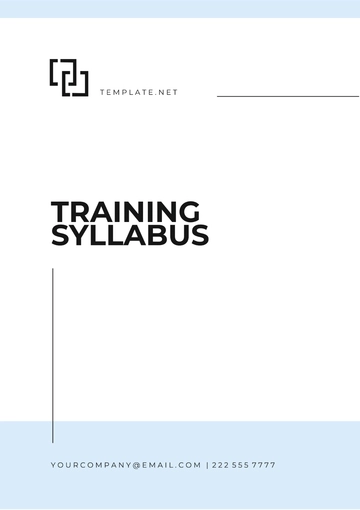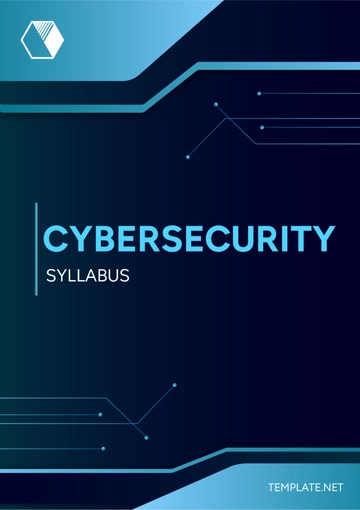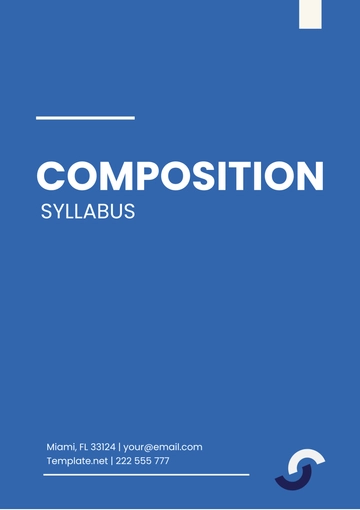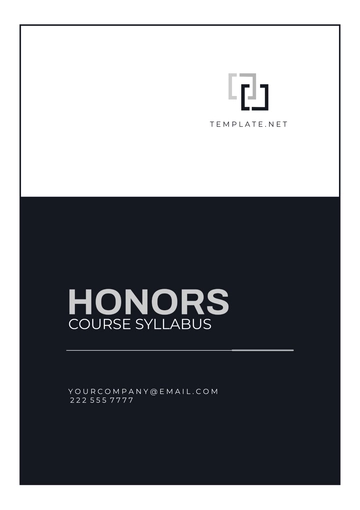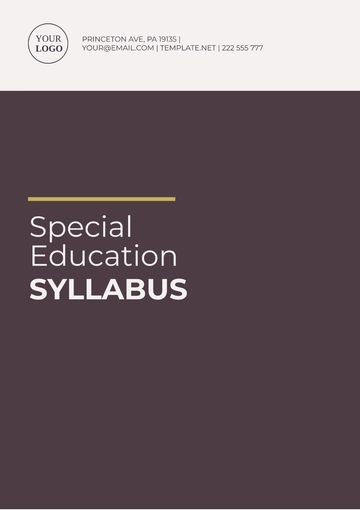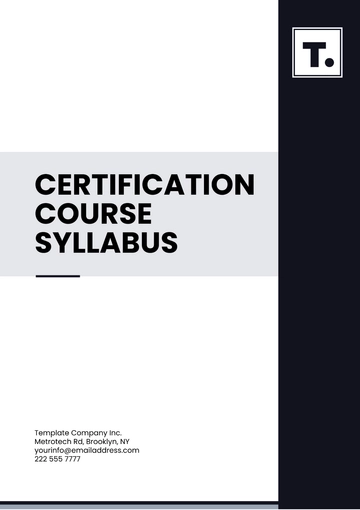Free Human Rights Syllabus
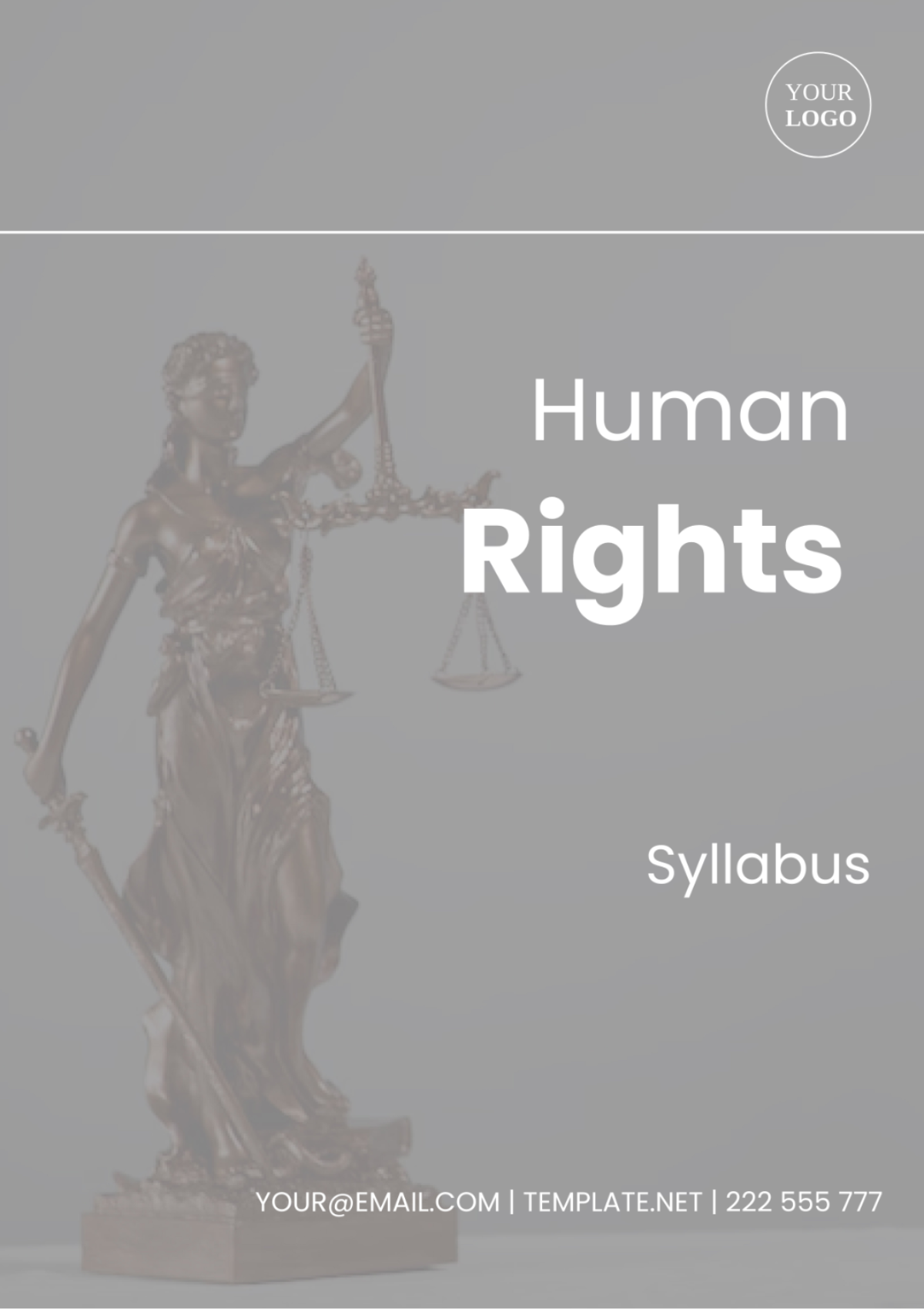
Human Rights Course
Course Title | [COURSE TITLE] |
Course Code | [COURSE CODE] |
Institution Hours | [INSTITUTION HOURS] |
Class Location | [CLASS LOCATION] |
Class Time | [CLASS TIME] |
Class Duration | [DATE] - [DATE] |
1. Course Description
This course offers a multidimensional study of human rights, investigating numerous issues, systems, and complications related to civil liberties, social justice, international law, and advocacy. It directs students to critically investigate and comprehend historical and contemporary human rights issues via an interdisciplinary manner. The course includes discussions, case studies, and practical exercises for a more profound understanding of human rights and their real-world application.
2. Instructor Information
Instructor: [YOUR NAME]
Contact: [YOUR EMAIL]
Institution: [YOUR COMPANY NAME]
3. Learning Objectives
Understand the historical development and philosophical foundations of human rights.
Examine global human rights issues like civil liberties, social justice, and international law.
Evaluate the effectiveness of various human rights advocacy strategies and initiatives.
Use ethics and law to tackle current human rights issues.
Exhibit strong communication and analysis skills while discussing human rights issues.
4. Course Schedule
Week | Topic | Readings |
|---|---|---|
1 | Introduction to Human Rights | Introduction to Human Rights (Book Chapter) |
2 | Historical Development of Human Rights | Universal Declaration of Human Rights |
3 | Legal Frameworks for Human Rights | International Human Rights Law (Legal Text) |
4 | Civil Liberties and Freedom of Expression | Selected Articles on Civil Liberties |
5 | Social Justice and Economic Rights | Economic, Social, and Cultural Rights (Article) |
6 | Human Rights in Conflict and Post-Conflict Settings | Case Studies on Human Rights in Conflict Zones |
7 | Human Rights Advocacy and Non-Governmental Organizations | Reports from Human Rights NGOs |
8 | Midterm Review | Review Materials Provided by Instructor |
9 | Indigenous Rights and Environmental Justice | Indigenous Rights Declarations and Treaties |
10 | Gender Equality and Women's Rights | International Conventions on Women's Rights |
11 | Migration, Refugees, and Asylum Seekers | United Nations Documents on Refugee Rights |
12 | Human Rights Violations: Causes and Consequences | Reports on Human Rights Violations |
13 | Technology and Human Rights | Articles on Surveillance and Privacy |
14 | Final Project Presentations and Discussion | Research Articles on Chosen Topics |
5. Required Reading and Materials
Textbook: "Introduction to Human Rights" by [Author]
Supplementary Readings: Articles, legal texts, case studies, and reports provided by the instructor
Online Resources: Access to relevant websites, databases, and multimedia materials
6. Assignments and Assessments
Homework Assignments: Five theoretical and problem-solving sets will be used to enhance understanding of the course material this semester.
In-Class Examinations: Two exams, planned to take place during class hours, are designed to evaluate students' understanding of course materials and ability to comprehend and apply concepts.
End-of-Semester Project: Students choose a project topic they are interested in and apply their theoretical knowledge to practical situations, integrating what they have learned into real-world context.
7. Course Policy
Attendance: Regular attendance is expected, with participation contributing to the overall grade.
Academic Integrity: All work must be original and properly cited. Plagiarism or cheating will result in disciplinary action.
Communication: Students are encouraged to communicate with the instructor regarding any concerns or questions about the course.
Late Work: Late assignments will be subject to a penalty unless prior arrangements are made with the instructor.
8. Grading Policy
Assignment/Assessment | Weight |
|---|---|
Participation and Discussion | 20% |
Midterm Examination | 25% |
Research Paper | 30% |
Final Project Presentation | 15% |
Class Exercises and Quizzes | 10% |
9. Additional Resources
Human Rights Watch
Amnesty International
United Nations Human Rights Office
Stanford Encyclopedia of Philosophy: Human Rights
Disclaimer
The syllabus outlines the course and expectations but isn't extensive and may change as per the instructor's discretion. Any adjustments due to unforeseen issues will be made while keeping students informed. Students are responsible to stay updated and communicate any concerns. The instructor can change syllabus components as needed, emphasizing the need for flexibility and communication in learning.
- 100% Customizable, free editor
- Access 1 Million+ Templates, photo’s & graphics
- Download or share as a template
- Click and replace photos, graphics, text, backgrounds
- Resize, crop, AI write & more
- Access advanced editor
Discover the ultimate tool for teaching human rights with Template.net's Human Rights Syllabus Template. Fully editable and customizable, this template empowers educators to tailor lessons to their students' needs. Crafted for ease of use, it's compatible with our Ai Editor Tool, making customization a breeze. Empower your curriculum today!



